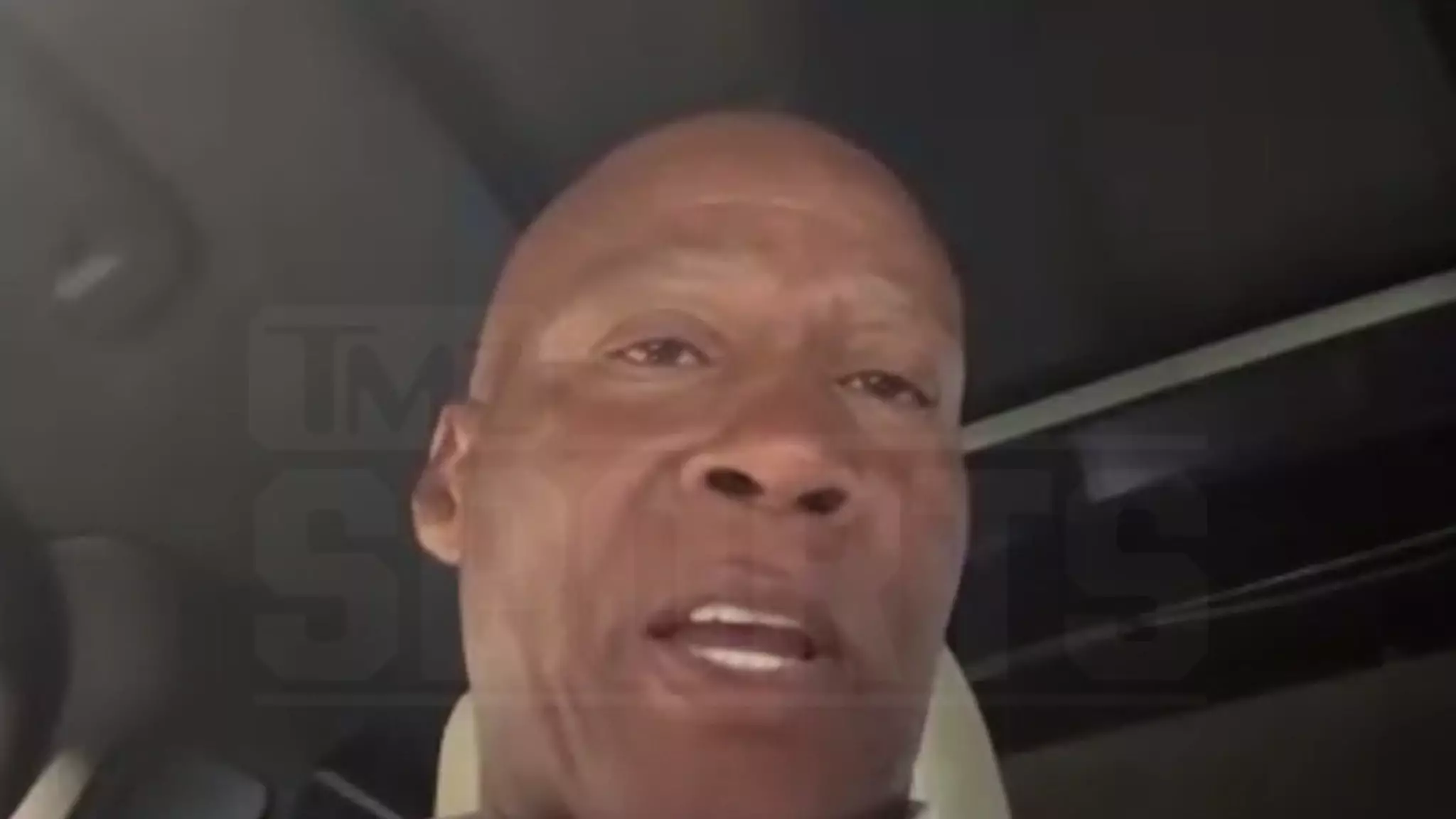The storied rivalry between the Los Angeles Lakers and the Boston Celtics has long been a defining narrative in the world of basketball, transcending mere game statistics and championship banners. Recently, Byron Scott, a legendary figure associated with the Lakers, expressed tremendous excitement over the sale price of the Lakers, which reached an astounding $10 billion. This price not only signifies a monumental moment for L.A. but also serves as a pointed jab at the Celtics, whose franchise was sold for $6.1 billion earlier this year, marking a significant financial victory for the Lakers in their historic rivalry.
Scott’s glee is discerning; he isn’t merely celebrating a financial milestone, but rather the symbolic victory it represents in a rivalry that has produced some of the greatest moments in sports history. “We topped them! We beat them by $3.9 billion!” he exclaimed, reveling in the competitive spirit that defines both franchises. Such sentiments showcase how sports can evoke deep emotional responses, often resulting in fierce loyalty and enjoyment in rivalries that go well beyond the court.
A Surprising Business Move
Scott’s reflections on the sale came with a touch of surprise regarding Jeanie Buss’s decision to part with the franchise. Though he acknowledged the commercial realities of professional sports, he revealed a touch of disbelief at the news. It raises questions regarding the balance between legacy and business decisions; while the financial boost is impressive, the emotional connection to the franchise remains priceless. Scott’s sentiments reflect a universal struggle athletes face: balancing familial ties, legacy, and fiscal responsibilities.
“The Buss family has done it right for so many years,” Scott noted, emphasizing the decades of strategic leadership under Dr. Jerry Buss. This speaks to the immense respect held for the Buss family within the Lakers organization and the broader basketball community. The emotional bonds formed between players and owners often construct the foundation of a franchise’s cultural identity.
The Future Looks Bright for the Lakers
As the ownership transitions to Mark Walter, excitement swirls around the future of the franchise. Walter inherits not just a team, but a cultural phenomenon steeped in history, charisma, and a competitive edge that has made the Lakers a household name globally. For fans and analysts alike, the question remains: how will this new chapter unfold for a franchise rich in both financial and cultural capital?
In contrast with the Celtics’ management shift, the Lakers seem poised to leverage this transformative moment as a springboard into an era of revitalization. While the weighty expectations are immense, the combined legacies of past accomplishments and fan loyalty could serve as a tremendous foundation.
Taking a broader perspective, Scott’s exuberance and the recent sale embody the perpetual narrative of rivalry—the tension, the competitive spirit, and most importantly, the willingness to outperform the other. In essence, this sale transcends mere business; it encapsulates the ongoing saga between two historic franchises, where every dollar is not just a number, but a point of pride in a rivalry that continues to define basketball itself.

